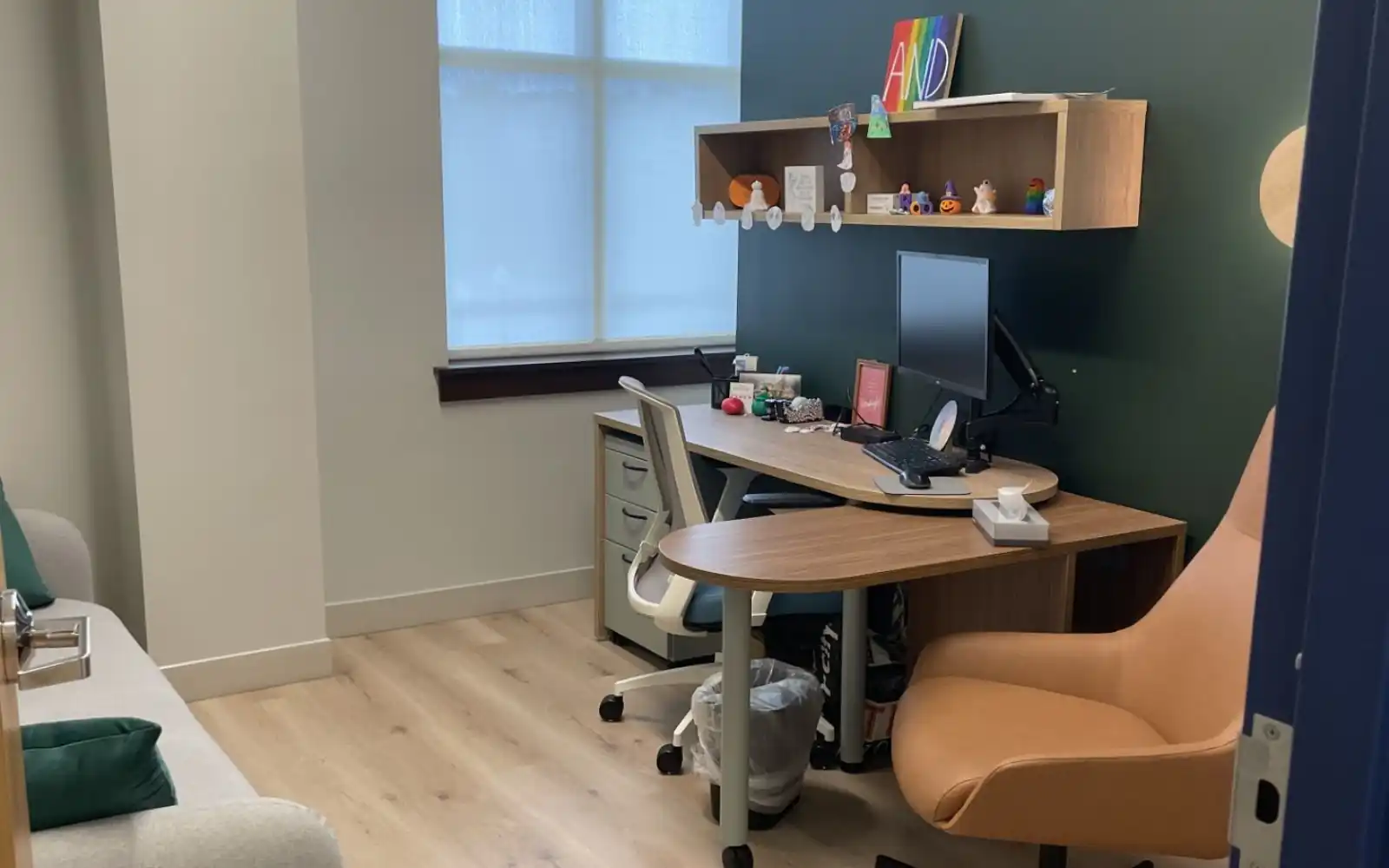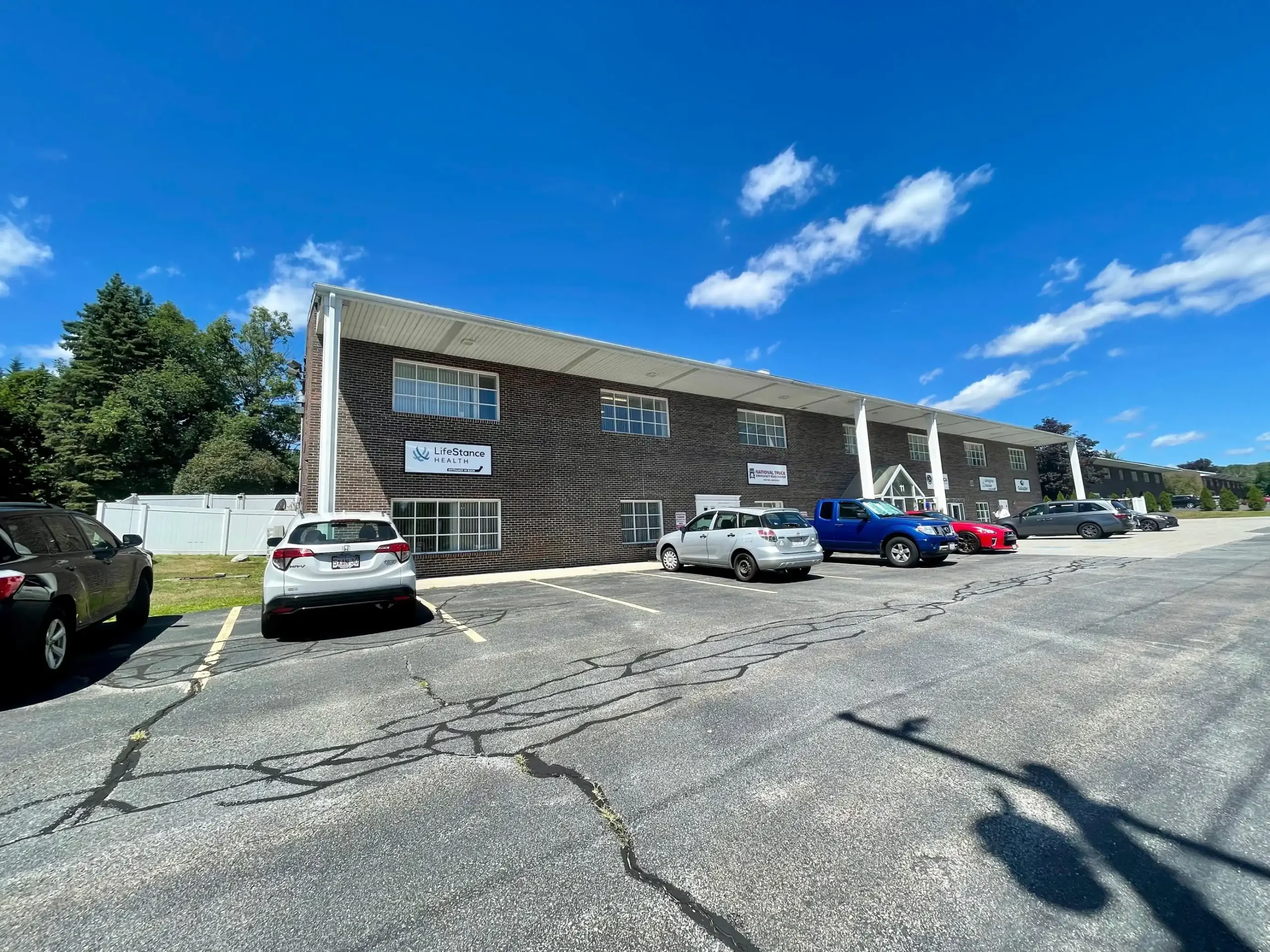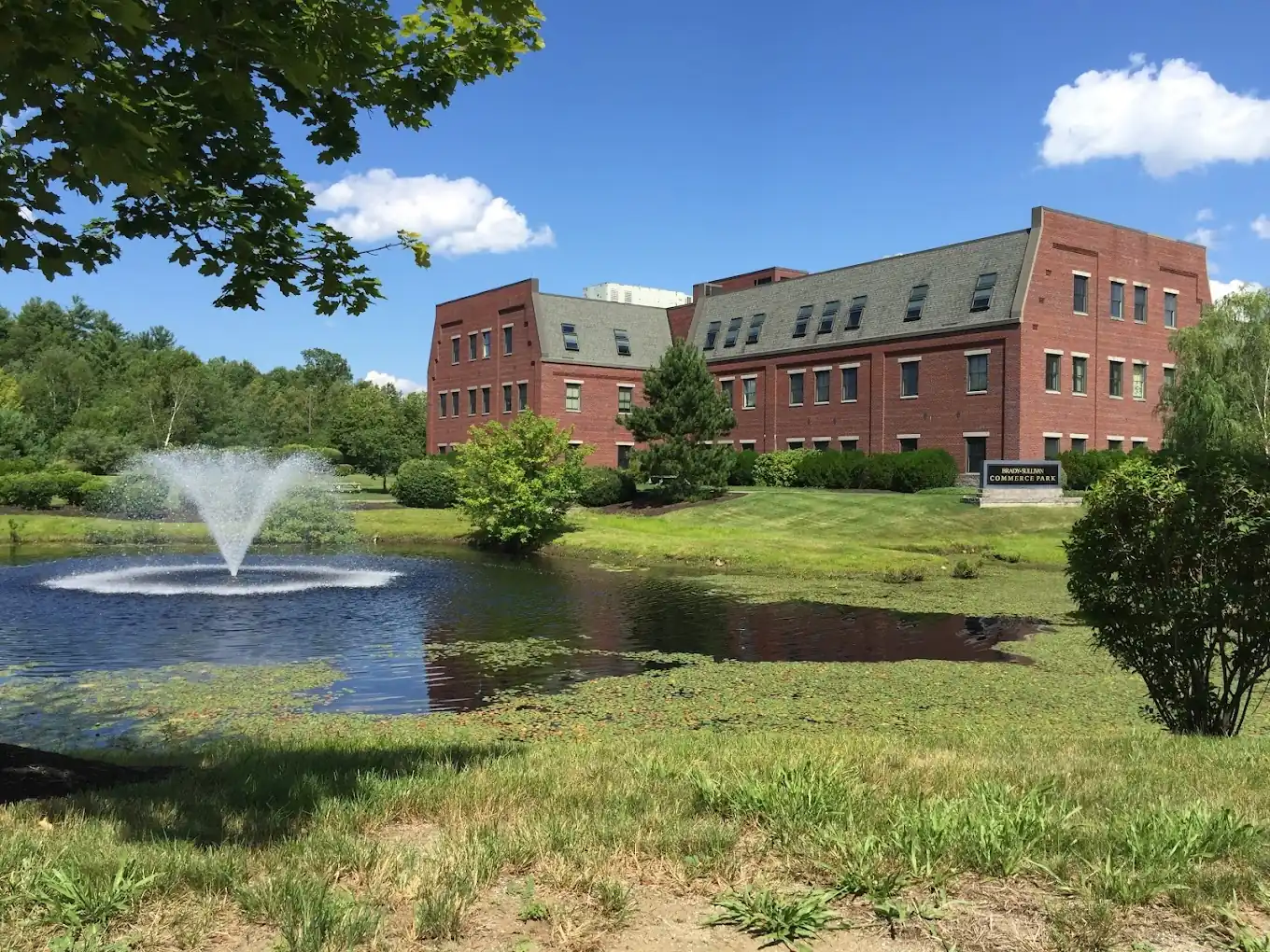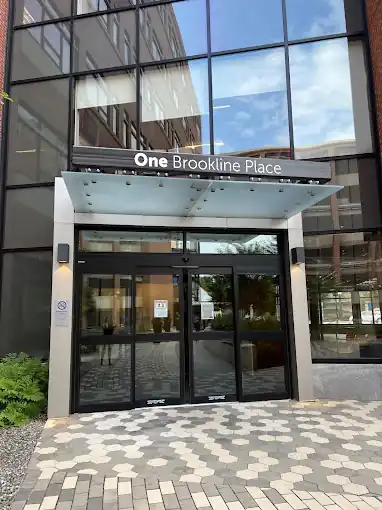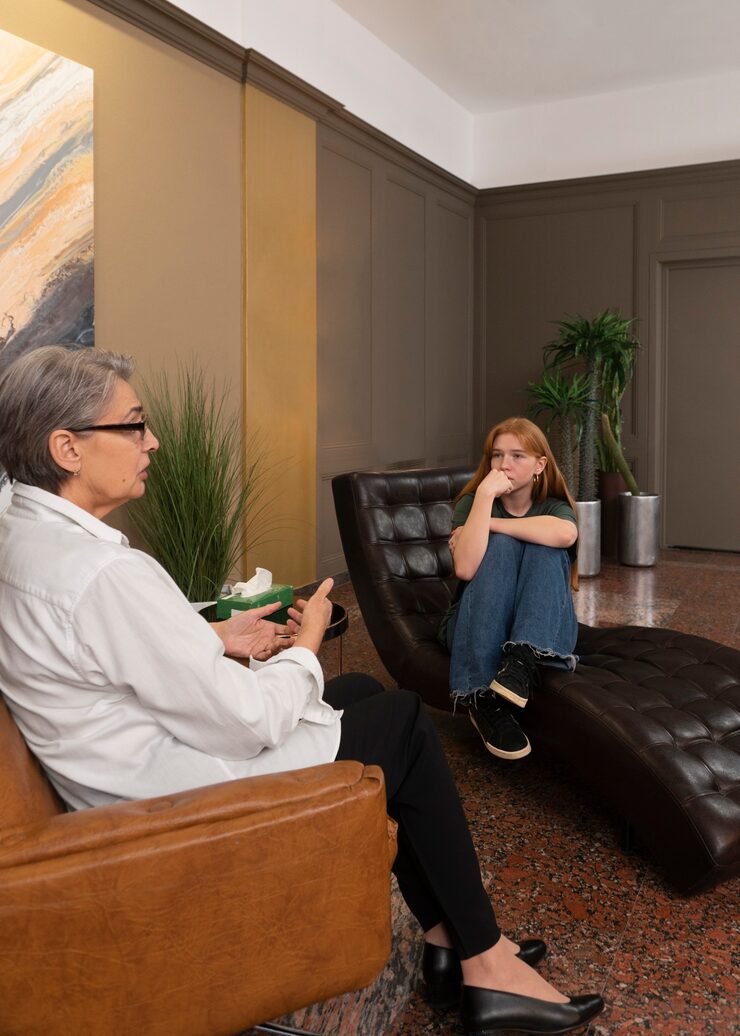Schizophrenia Recovery Support
You are not your diagnosis. You are not dangerous. You are a human being and healing is possible.
At TruPaths, we believe schizophrenia is not a life sentence. It is a medical condition that affects how you perceive and process the world—but with the right support, many people live meaningful, connected, and fulfilling lives. Whether you’re newly diagnosed or supporting someone you love, we are here to help with care, not fear.

